Graduate Students
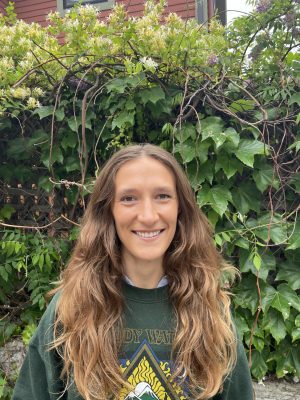
Natalie Durieux
Jason Kwan
Jason is a second-year doctoral student in the clinical psychology program. His research interest rests within the psychology of religion and spirituality field, specifically how religiosity/spirituality is associated with mental health outcomes like anxiety, depression, and stress. His research interests also extend to emotion and affect and how religiosity/spirituality contributes to emotion/affect generation and regulation. Jason is currently assisting on numerous projects such as Dr. Park’s study on divine forgiveness, a study examining resilience factors in cancer survivors, and a project focusing on yoga and emotional well-being. Before joining the lab, Jason was a statistician at the UCLA Center for Health Policy Research, helping to maintain and publish the nation’s largest annual state health survey: the California Health Interview Survey. He has a B.S. in Statistics and a B.A. in Economics from the University of California, Los Angeles.

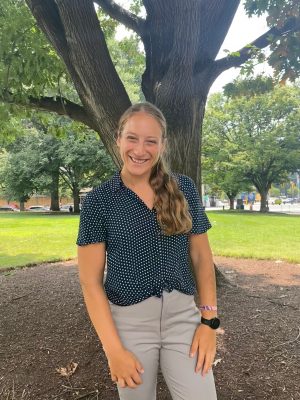
Erika Osherow
Erika is a third-year doctoral student in the clinical psychology program. Her passion for the mind-body connection extends to her current research interests in the physiological markers of well-being and stress responses. She is also excited to investigate the predictive factors that contribute to optimizing self-regulation and decision-making within interdisciplinary approaches to health. Erika will be joining Dr. Park’s PATH study — a clinical trial examining the mechanisms through which yoga reduces back pain — and another study examining the impact of emotional well-being and health outcomes with yoga. Prior to starting at UConn, Erika earned her M.Ed. in Exercise Physiology from the University of Virginia and M.A. in Sport and Performance Psychology from the University of Denver. She has held a graduate research assistantship, studying the neurocognitive effects of concussions and traumatic brain injuries at the University of Denver, and an internship at the Center of Performance Excellence at the United States Military Academy at West Point.
Sarah Ahmadi
Sarah is a third-year doctoral student in the clinical psychology program. She is interested in the ways in which stress increases risk for adverse mental and physical health outcomes, as well as integrative treatments to target these pathways. She is also interested in research focused on promoting health and well-being. Sarah is a research assistant on Dr. Park’s NIH-funded project focused on yoga and emotional well-being. Prior to graduate school, Sarah worked as a research coordinator at the Aging, Metabolism, and Emotion Center at the University of California, San Francisco. She holds a B.S. in Biopsychology from the University of California, Santa Barbara.
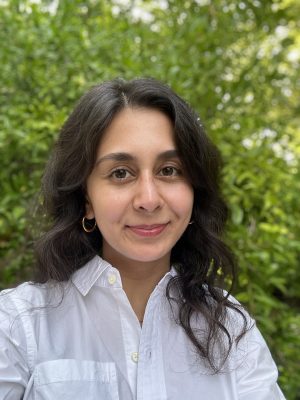
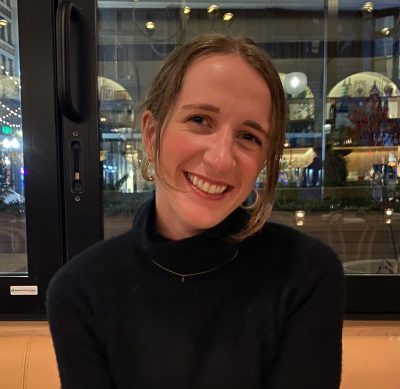
Camille Garnsey
Camille is a fifth-year doctoral student in the clinical psychology program. She is interested in the evaluation and dissemination of mind-body and lifestyle treatments for trauma-related mental and physical health outcomes, sequelae, particularly among individuals who have experienced interpersonal trauma. She is also interested in exploring the factors that predict resilience in the face of trauma exposure. Camille is a research assistant on two of Dr. Park’s NIH-funded grants, a network grant focused on defining and measuring emotional well-being, and an RCT examining the mechanisms of change in a yoga intervention for chronic low back pain. Prior to joining the SMH lab, Camille worked in reproductive health and global development research at Ibis Reproductive Health and the Population Council. She holds a B.A. in Public Health and Latin American and Caribbean Studies from Brown University and was a 2020 student-research Fulbright grantee to Argentina.
Mariel Emrich
Mariel is a fifth-year doctoral student in the clinical psychology program. Her research interests include understanding how individuals can optimize their coping responses to diverse stressors and related psychological sequelae, particularly in the context of serious illness, chronic pain, and trauma. She would like to continue to explore the bidirectional mind-body relationship and has a specific interest in non-pharmacologic pain management interventions. Mariel is a research assistant for two of Dr. Park’s projects: one is an NIH-funded network grant on emotional wellbeing and mind-body interventions and the other is a Templeton Foundation-funded grant focusing on meaning making and religion in bereaved individuals and cancer survivors. Prior to graduate school, Mariel worked as a research coordinator at Weill Cornell Medicine and assisted with a number of clinical research studies investigating various treatment modalities for PTSD and related co-morbidities, including therapeutic, pharmacologic, and virtual reality-based interventions.
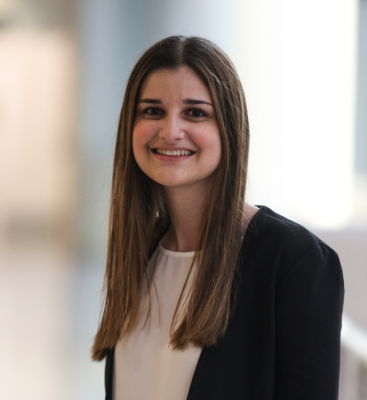
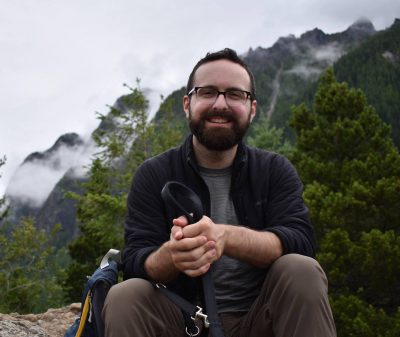
Adam David
Zach Magin
Zach is on internship at the West Haven VA Medical Center and sixth-year doctoral student in the clinical psychology program. Zach’s research focuses on the mechanisms through which psychosocial factors affect cardiovascular disease risk and progression. He is currently collecting data for his dissertation study to examine the role of perceived control in coping and related blood pressure reactivity to academic stress in college students. Zach has worked as a research assistant for two of Dr. Park’s NIH-funded studies: 1) A clinical trial examining the mechanisms through which a mind-body intervention reduces back pain and 2) A study examining resilience factors in cancer survivors. Zach currently works as a research assistant on Dr. Park’s study on divine forgiveness. Prior to his graduate training, Zach assisted with several studies at the Yale Stress Center that examined the roles of physiological and neurological processes in stress-related substance use and relapse risk.

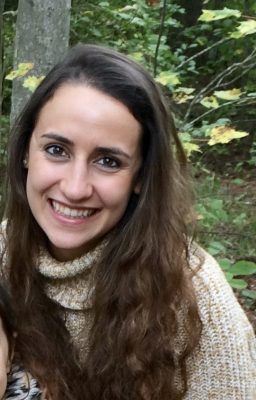
Katherine Gnall
Katherine is on internship at Harvard Medical School/Massachusetts General Hospital and a doctoral student in the clinical psychology program. Her primary research interests center around mind-body and lifestyle-based approaches for chronic health conditions, with a specific interest in chronic pain. She is also interested in the impact of stress on health behaviors and health outcomes. Katherine is currently working on her NCCIH-funded F31 dissertation project, which examines interoceptive awareness as a mechanism of change in yoga for chronic low back pain.
Katherine has assisted on several of Dr. Park’s NIH-funded studies, including a longitudinal study of the transition to cancer survivorship, an RCT of physical activity interventions for chronic low back pain, and a network grant focused on emotional wellbeing and mind-body interventions. Prior to beginning her graduate studies at UConn, she worked as a research assistant at the National Center for PTSD in Boston, MA.